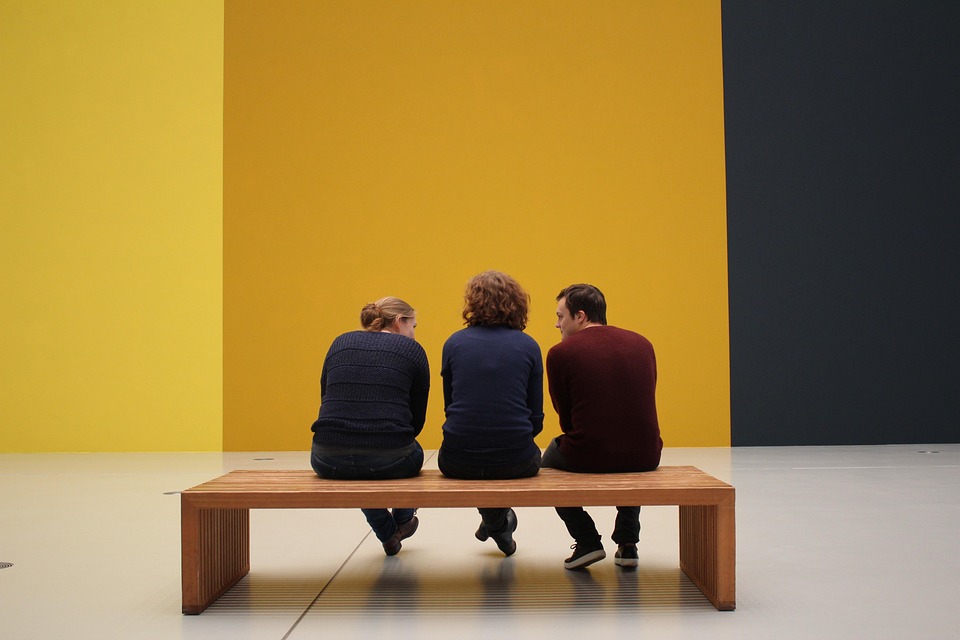Essential Skills and Responsibilities for Art Gallery Owner: A Shortage Occupation with Great Career Prospects
In the vibrant world of art, the role of an art gallery owner is not merely about displaying beautiful pieces; it embodies an intricate blend of entrepreneurial spirit, artistic knowledge, and interpersonal skills. As the UK grapples with a shortage of professionals in this field, the prospects for those looking to enter the market have never been brighter. So, what exactly does it take to thrive as an art gallery owner?
1. A Keen Eye for Talent
Navigating the art world requires an acute sense of what constitutes valuable work. An art gallery owner must possess an innate ability to identify emerging artists and trends. This involves keeping a pulse on not just local talent but also international movements. "Art is a reflection of society," as the renowned art critic Robert Hughes once stated. Therefore, understanding cultural contexts and societal narratives is crucial. This skill is not merely about appreciating aesthetics; it’s about foreseeing the next big wave in art.
2. Business Acumen
Beyond the artistic flair, a successful gallery owner must be well-versed in the business side of operations. This includes everything from budgeting and financial forecasting to marketing and sales strategies. A comprehensive understanding of the art market dynamics—what drives prices, how to negotiate with artists, and how to market exhibitions effectively—can spell the difference between a thriving gallery and a struggling one. As the British artist Grayson Perry articulated, “If you want to make a living out of art, you need to understand the business behind it.”
3. Networking and Relationship Building
Art is inherently social, and so is the role of a gallery owner. Establishing and maintaining relationships with artists, collectors, and the community at large is paramount. Regularly attending art fairs, exhibitions, and networking events can enhance visibility and foster connections that may lead to fruitful collaborations. The ability to communicate effectively and cultivate these relationships can transform a gallery into a cultural hub, attracting diverse audiences and patrons.
4. Curatorial Vision
A gallery owner must also possess a strong curatorial vision. This involves not just selecting works for exhibitions but also creating cohesive narratives that engage visitors. The presentations should evoke emotions, provoke thoughts, and invite dialogue. This skill requires an understanding of art history, current trends, and the ability to weave together various artistic expressions into a compelling exhibition. As curator Hans Ulrich Obrist remarked, “A curator is a storyteller, and every exhibition is a chance to tell a new tale.”
5. Adaptability and Resilience
The art market can be unpredictable, often influenced by external factors such as economic conditions and social movements. An art gallery owner must be adaptable, willing to pivot strategies as necessary. Resilience is equally important; the ability to navigate challenges—whether they be financial setbacks or shifts in public taste—can determine long-term success. It’s a rollercoaster ride, and those who can weather the storms often emerge stronger and more insightful.
The Path Forward
With the UK art scene evolving rapidly, the demand for skilled gallery owners continues to rise. For those contemplating a career in this exciting field, it’s essential to cultivate the aforementioned skills while remaining open to continuous learning. The intersection of art and business presents a unique opportunity to not only engage with creativity but to also shape cultural landscapes.
As you consider embarking on this rewarding journey, remember that the world of art is as much about passion as it is about strategy. For tailored advice and support to secure your position in the UK job market, particularly in roles that require sponsorship, Visajob.co.uk is here to help you navigate your path to success.




